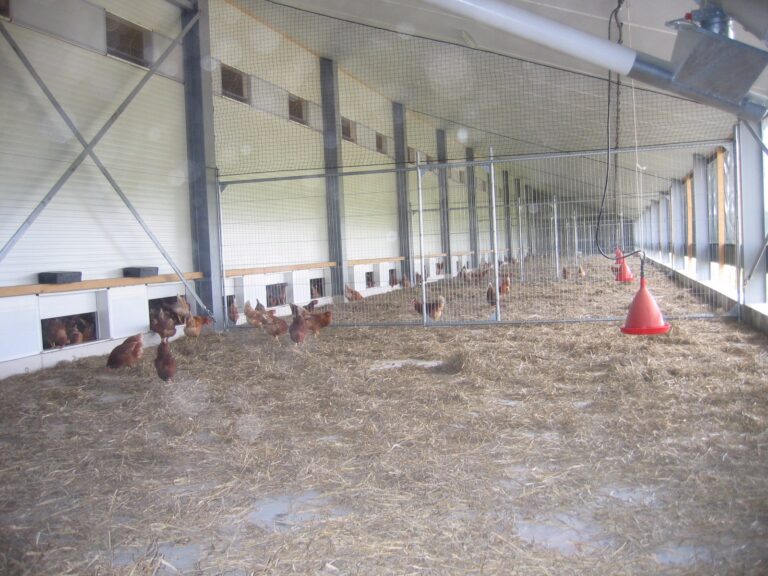Farms are the perfect place to learn about science – that’s the message at the heart of a brand new range of teaching packs launched today, created by the NFU.
This new education initiative, linked to the national science curriculum in England, has been designed in a fun and engaging way to help show youngsters what happens to their favourite ingredients from farm to fork.
To support classroom lessons, teachers will be able to download videos, starring pupils from St. Barnabas Primary School, under a new Science Farm series. The videos explain how carrots are produced, the food chain of a school dinner and a sensory trail – exploring the farm with your five senses. Also available to download will be lesson plans and ideas and activity sheets.
NFU Deputy President Minette Batters said there appeared to be a huge lack of knowledge among children of all ages about how and where their food is produced.
“We’re really excited with these new educational digital tools that will allow teachers to provide truly memorable lessons where children will get the opportunity to explore where their food comes from and how it’s grown.
“We believe passionately about educating young people and we feel strongly that food production should be a core part of the national school curriculum. As farmers it’s not just our job to grow the food that we eat but to engage and reconnect with the public including children. Learning about British food and farming from a young age will ultimately help our future generations make informed choices.
“As Defra Secretary of State Michael Gove said at the Oxford Farming Conference, we need to educate children about where food comes from and how to make healthy choices about buying, preparing and enjoying food.”
NFU education manager Joshua Payne said: “I’m really excited about the new Science Farm resources. Farming is such a natural context for so many areas of the Key Stage One science curriculum – children will get to learn about life processes and their own bodies all while discovering about the countryside environment.
“We’ve worked really hard to ensure the activities are hands-on and practical which will hopefully lead to really cementing learners’ scientific understanding.”


